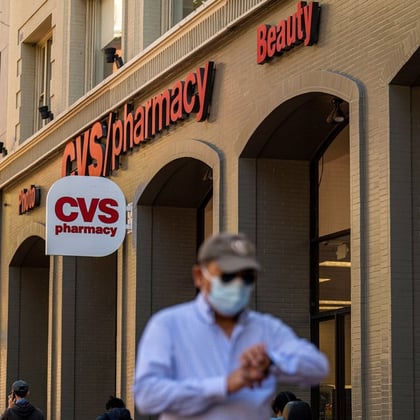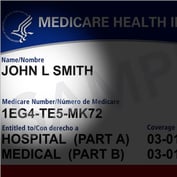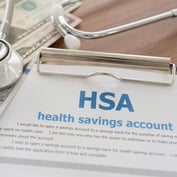What You Need to Know
- The case involves people with HIV who were told to get specialty drugs from a specialty pharmacy.
- The patients say that requirement keeps people with HIV from having the same meaningful access to drug benefits that other patients have.
- AHIP says a ruling favoring the patients would wreck health insurers' efforts to lower the cost and improve the quality of care.
The Supreme Court is considering a case that could lead to major changes in how U.S. health coverage works, and that could affect how federal courts handle allegations of discrimination unrelated to health care.
The case, CVS Pharmacy v. Doe (Case Number 20-1374), involves patients who say that a health plan’s prescription benefits rules discriminate against enrollees with disabilities.
The court plans to hear oral arguments on the case Dec. 7.
PPACA Sections 1557
Section 1557 of the Patient Protection and Affordable Care Act, or PPACA, bans disability-based discrimination at federally funded health programs.
The law gives patients the ability to sue over allegations of disability-based discrimination.
The Patients’ Position
The patients in the CVS Pharmacy case use expensive “specialty” drugs to control HIV. Their health plan requires patients who want the drugs to be covered on an in-network basis to buy the drugs through a designated specialty pharmacy.
The patients assert that having HIV is a disabling condition, and that the health plan specialty pharmacy use requirement interferes with their ability to have “meaningful access” to treatment for HIV, through a restriction that is not imposed on people seeking other types of drugs.
The patients argue that they can sue if a health insurance plan’s rules have a “disparate impact” on people with disabilities, even if the plan’s terms and conditions appear to be neutral, on their face, toward people with disabilities.
A district judge in Chicago dismissed the patients’ suit in 2018.









 November 10, 2021 at 03:46 PM
November 10, 2021 at 03:46 PM











